Age- and annual-cycle-dependent proteomic changes in ground squirrels: a first step towards a
better understanding of cancer resistance mechanisms
Offre de stage de M2 – IPHC UMR7178 – CNRS/Université de Strasbourg
Telomeres are non-coding genomic DNA sequences located at the end of linear chromosomes, which play a central role in preserving genomic DNA and in determining cell life and the ageing process. Telomeres usually shorten progressively over life as a result of cellular replication processes and exogenous/endogenous stress (e.g., oxidative stress). As a critically short telomere length is reached, cells enter apoptosis. Part of the shortening is restored by an enzyme, telomerase, though in many animals, telomerase is little or no active at adulthood. Part of the reason is likely that telomerase activity is also enhanced in the majority of cancer types, and maintaining low activities of telomerase at adulthood may be viewed as a strategy to prevent the immortalization of cells. Yet some wild species, such as seasonal hibernators, appear to show seasonal regeneration of telomeres over life, suggesting they have evolved mechanisms of coping with the cancer costs of telomerase activity. This overarching hypothesis will be tested by our project, focusing on Columbian ground squirrels (CGS).
With the understanding that the loss of telomeric t-loops leads to genomic instability and ultimately cell apoptosis, much of the research on ageing has thus far focused on the role of telomere biology in cell replicative senescence. Yet, ageing is a multifactorial process not only characterized by cell cycle arrest and death, but also the progressive loss of efficiency or function of biological properties. This project, built upon a long-term (30+ years) study of a population of free-living CGS of known life histories, project will characterize age-related inter-individual differences in proteomic profiles according to sex and age (before and after reproductive senescence), specifically paying attention to known pro/anti-cancer and senescence regulating proteins.
Hypothesis: The comparison of the proteomes in young and old individuals, at emergence (when we know telomeres to be reconstructed) and during lactation period (when we know telomeres to shorten), should underline that (i) reactivation of telomerase at emergence is reduced in old ages and/or (ii) is accompanied by the higher expression of general indicators of senescence and of telomerase-related pathways involved in cancer risks.
Methodology: State-of-the-art proteomics protocols will be used on CGS fibroblasts and plasma to identify and quantify proteins/peptides and their post-translational modifications. Today, improvements of mass spectrometry (MS) instrumentation (e.g. in terms of high speed, resolution,sensitivity), bioinformatics tools and the increased rate of genome sequencing, including for nonmodel species have opened the way to shotgun analysis in any species through state-of-the-art proteomic analytical approaches such as data-independent acquisition (DIA) mass spectrometry, with a very high level of reproducibility. MS equipment is already available in our lab, and MS data will fill the bioinformatics workflow we have already developed. Among other complementary assays, gene expression (using qPCR or Western Blot) will complete the picture, especially for targets suspected to be under the proteomic detection limits (e.g., GH and GHR, ATM, RAB51, KU80, DNA-PK).
Expected outcome: This project is the first step in a more ambitious program that will evaluate the in vitro cellular response to cytotoxic and genotoxic stress in cell cultures established from wild CGS. Specifically, we will evaluate the capacity of cells to cope with mutagenic stressors known to trigger DNA damages associated to cancer (chemical treatments and proton irradiation)
Required skills
• Interest for ecology and cancer evolution
• Interest for labwork, including cell culture
• Wish to learn and apply mass-spectrometry-based methods
• Skills with statistical analysis using R
Contact. Envoi des candidatures (CV et lettre de motivation) : fbertile@unistra.fr

